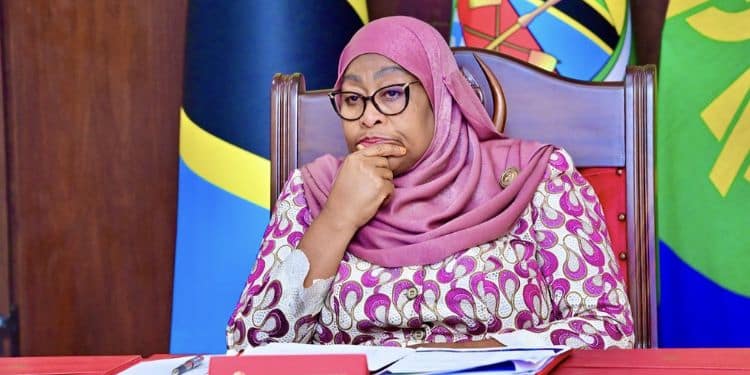In 2025, Tanzania’s education sector has focused on implementing the Education Sector Development Plan (ESDP) 2025/26-2029/30 to create a comprehensive, responsive and high-quality education system aligned with the country’s development goals.
The key priorities of the Education Sector Development Plan include on eradicating illiteracy, achieving universal primary education and improving the infrastructure of the educational institutions with a focus on science and technology.
Of importance is prioritizing and promoting women’s participation in Science, Technology, Engineering, and Mathematics (STEM) fields, both in traditional and non-traditional sectors.
Skills development programs and social programs have been launched to empower girls for life career success and their active role to achieve sustainable development goals.
Programs and policies are being implemented to enhance women’s educational, social and economic empowerment including access to resources and the ability to leave violent situations.
State of Women in Education in Tanzania
UN Women report states that, “The United Republic of Tanzania (URT) has made significant progress in advancing women’s leadership and political participation.
The 1977 Constitution provides for a quota system where 30% of parliamentary seats are reserved for women”.
Also Read: Challenges Women in Ethiopia Face to Access Higher Education
UN Women is actively involved in supporting women’s empowerment and gender equality in Tanzania through programs.
These initiatives are successfully contributing to the country’s National Development Vision 2025.
In addition, UNFPA Tanzania is also working to empower women and girls through various initiatives.
However, women face inequalities across some sectors to some extent despite the good progress in areas like education and political representation.
It has been reported that the female labor force participation rate is high in some areas.
Notably, women are often concentrated in lower-paying jobs.
Furthermore, women face challenges in financial constraints and leadership positions and are affected by issues like gender-based violence in some areas.
“UN Women report states that in urban settings, women’s economic impoverishment is more evident among female-headed households”.
What needs to be done
In Tanzania, women’s participation in higher education has been progressively increasing but they are still facing challenges in accessing and completing their education particularly in STEM fields.
While there have been improvements in female enrollment rates, they remain below the sub-Saharan African average.
Enrollment of women in higher education institutions is rising but still it’s important to address the existing bottlenecks including high dropout rate, socioeconomic barriers, and cultural constraints.
A 2024 report by MEDLIFE states that, “61% of Tanzanian girls aged 14-19 are not in school, compared to 51% of boys. However, the recent push for girls’ education in Tanzania is changing the narrative, empowering young women to pursue their dreams and ambitions”.
At the same time, UN Women report states that in Tanzania, one in three women and girls still experience physical, sexual, and other forms of gender-based violence.
Also Read: Transforming African Education System with 21st Century Skills
“It is encouraging to see the commitment of policymakers to end violence against women and children in Tanzania,” said Mara Warwick, World Bank Country Director.
According to UNICEF, Tanzania has made important steps toward protecting children, including through child justice reform.
UNICEF is dedicated to providing protective environment for children and adolescents. The children’s agency under the UN noted that Tanzania has significantly expanded school enrolment in recent years, especially among girls.
However, 3.2 million children aged 7–17 are out of school, of which 1.2 million have never attended.
Follow our WhatsApp Channel and X Account for real-time news updates.
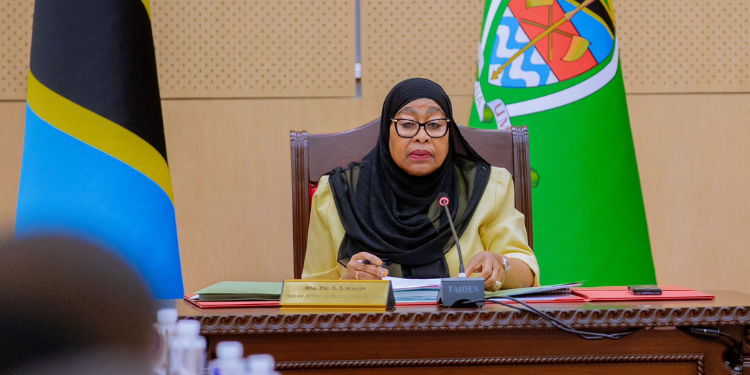



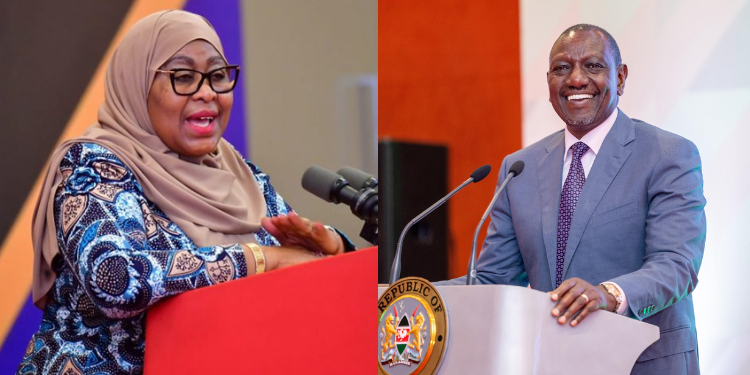
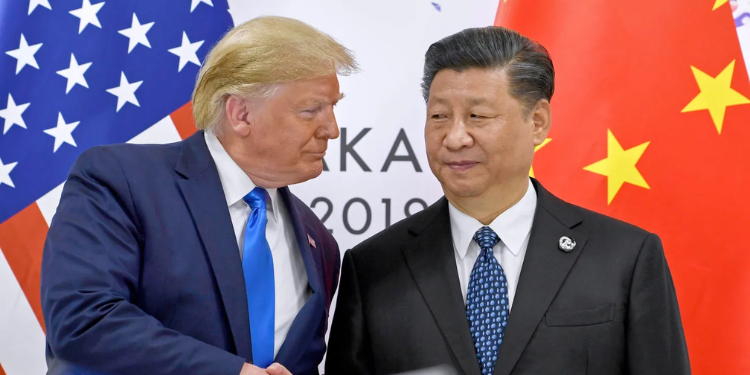
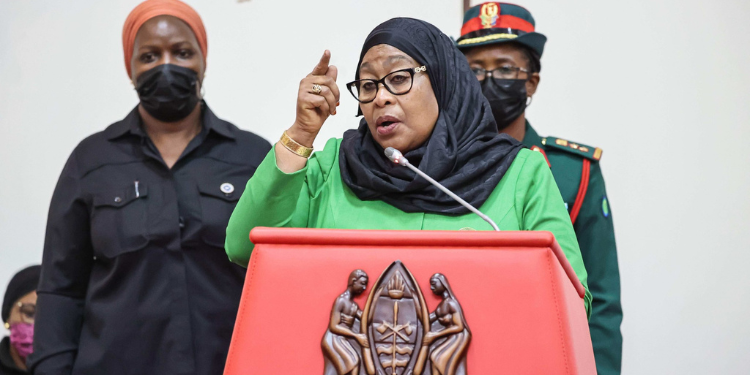
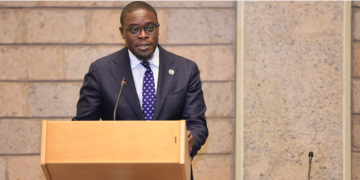
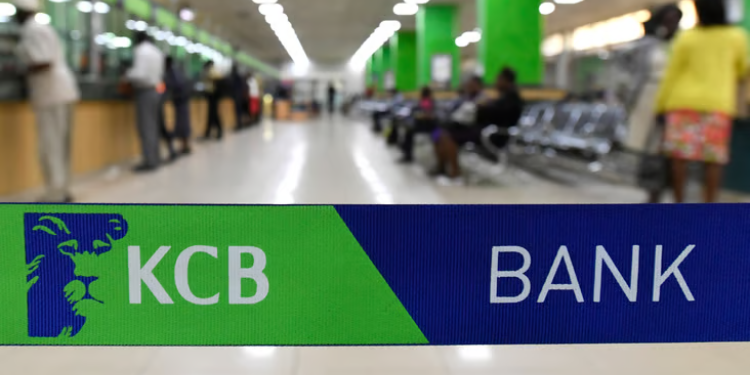
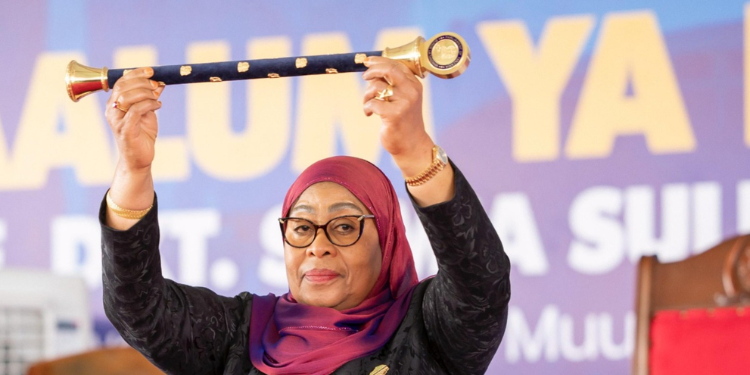








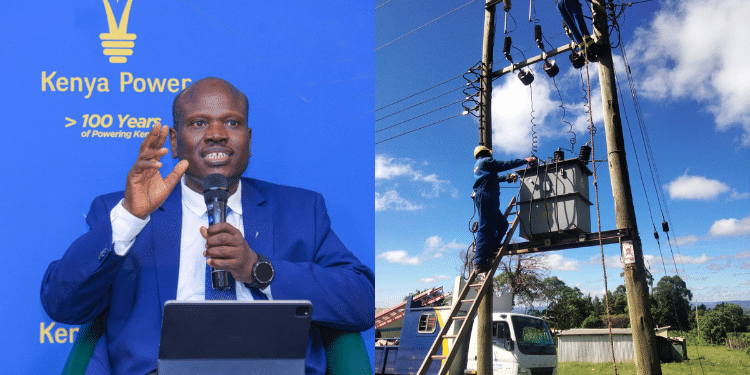
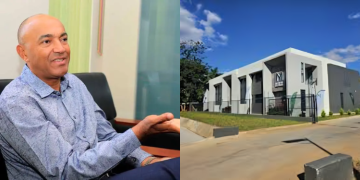





























![Senator Allan Chesang And Chanelle Kittony Wed In A Colourful Ceremony [Photos] Trans Nzoia Senator Allan Chesang With Channelle Kittony/Oscar Sudi]( https://thekenyatimescdn-ese7d3e7ghdnbfa9.z01.azurefd.net/prodimages/uploads/2025/11/Trans-Nzoia-Senator-Allan-Chesang-with-Channelle-KittonyOscar-Sudi-360x180.png)




















